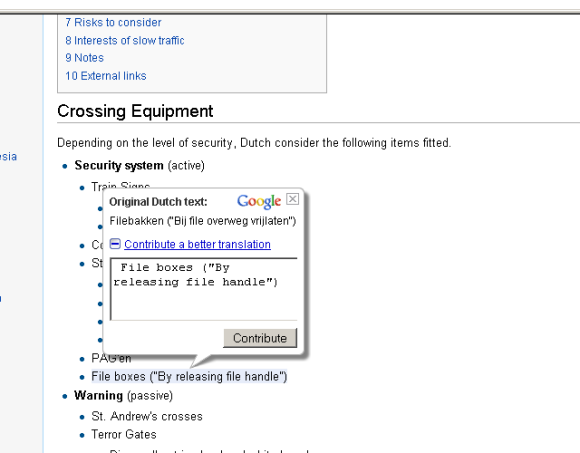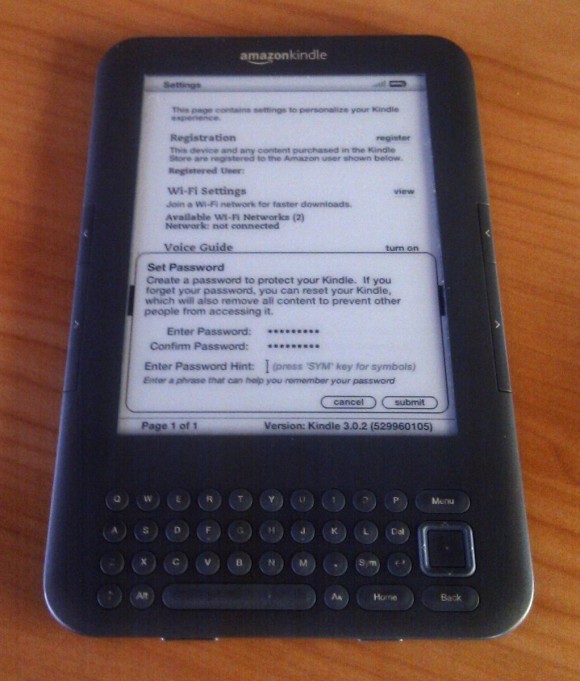I was browsing Wikipedia today and the article on the Elfstedentocht (which happens to be in my HTC’s dictionary, giving you some idea of its prevalence in Dutch culture): a 200 km-long skating course along frozen Frisian canals, up in the north of the Netherlands. The skating competition is held irregularly as not every year does it get cold enough to freeze all 200 km of the route. I think it’s a shame that such an event can only be organised …basically, at the last minute; even so, it’s been 14 years since the race was last held.
I got reading further and it turns out there’s a cycling race running (in essence) parallel to the Elfstedentocht—the Fietselfstedentocht—but sadly, and like so many road races, the Fietselfstedentocht organisers are firmly against fun, and—relevant to me—recumbents (but not in a UCI kind of way). Here are some of their ‘conditions’ for entering the race:
- “recumbent bicycles have to carry an orange safety flag [of a] sufficient height” but I’m glad to see the organisers promoting national pride
- “because of safety reasons it is obligatory to carry a safety helmet”
- “the maximum [speed of travel] is 25 km per hour”; there are apparently “time checks in Dokkum, Bolsward and Stavoren” to enforce this completely pointless and oxymoronic rule. It’s a race; what are you doing putting a speed limit on a race?
- “participation by vehicles […] suitable for the transport of more than two persons is not allowed without prior consent of the board”, meaning my Yuba Mundo would need to be passed-by the organisers before I could ride it
- “participation with motorised [or] electric bicycles is not allowed” …even though they cut-out at, I think, 24 km/h
What I’m trying to point out is that the organisers are just joykills.

